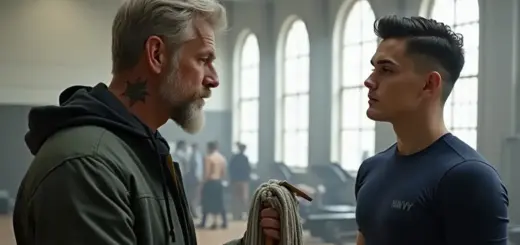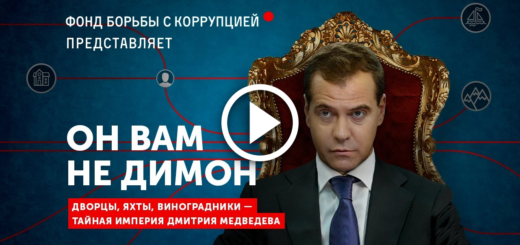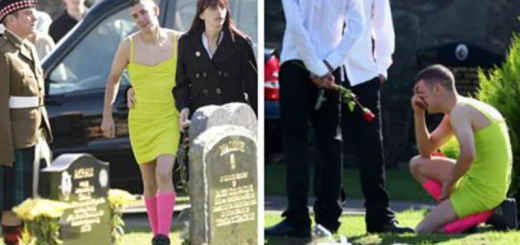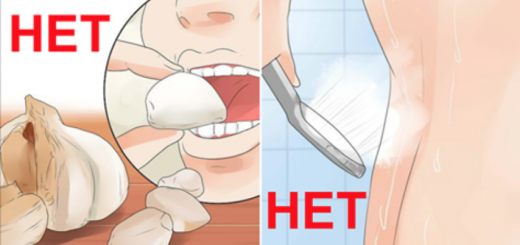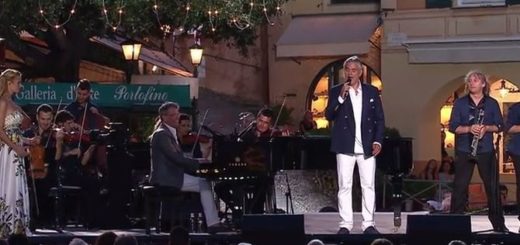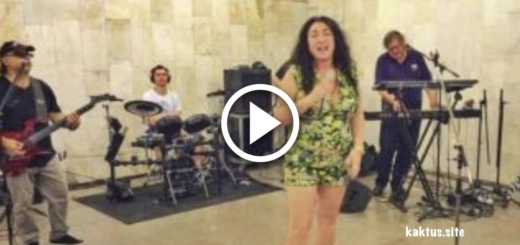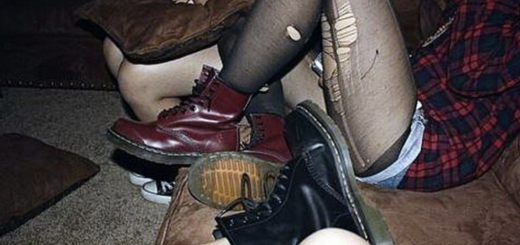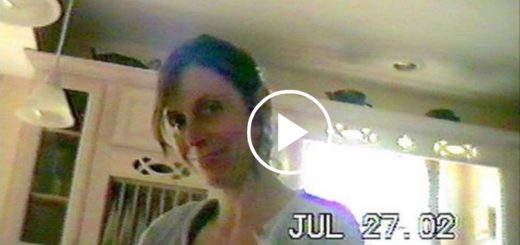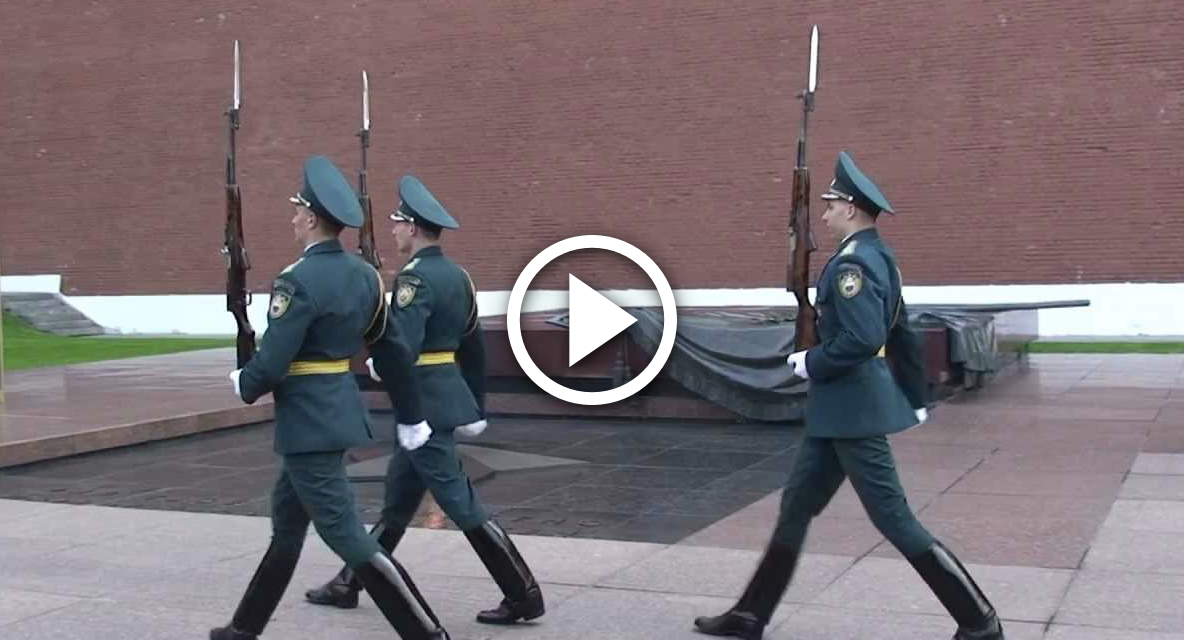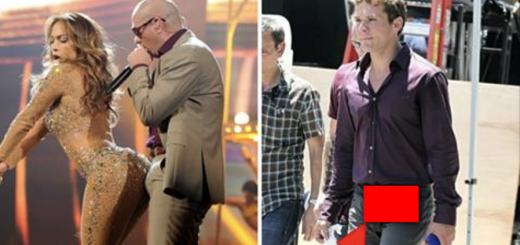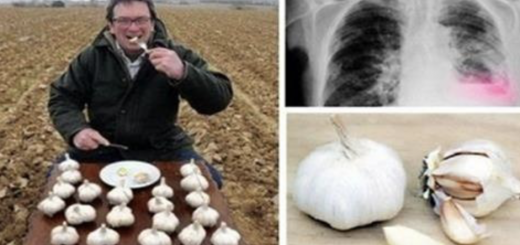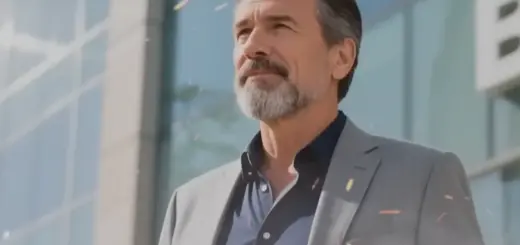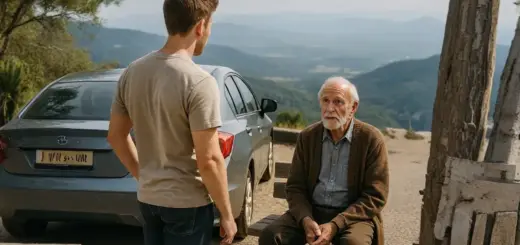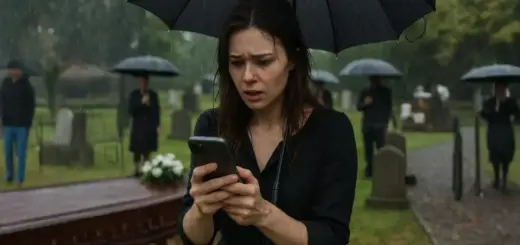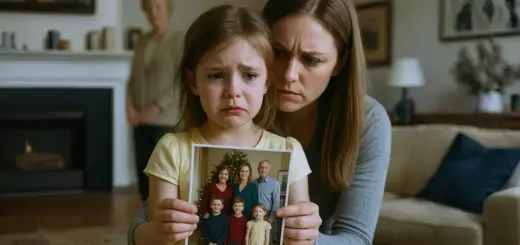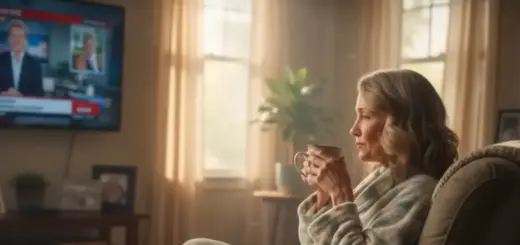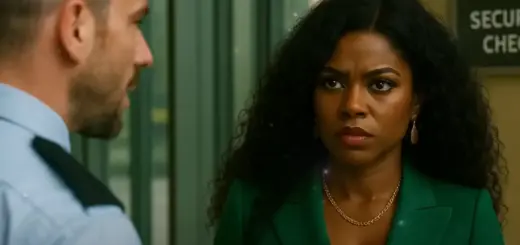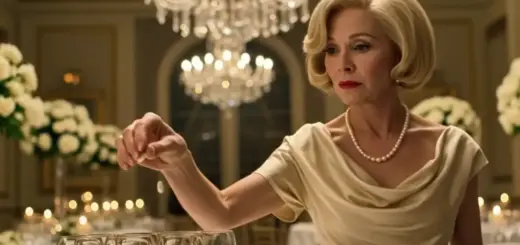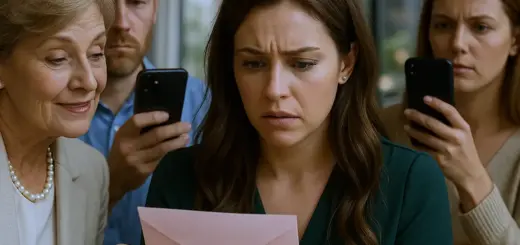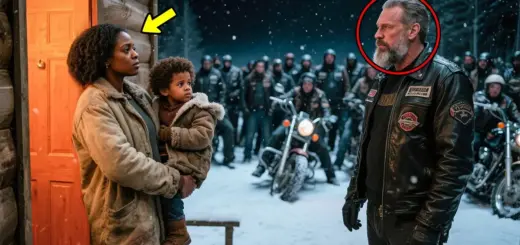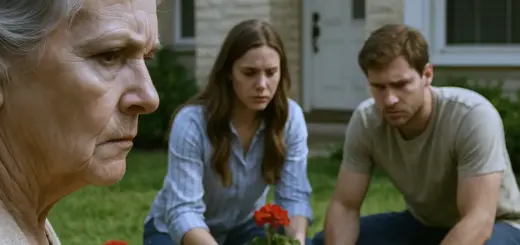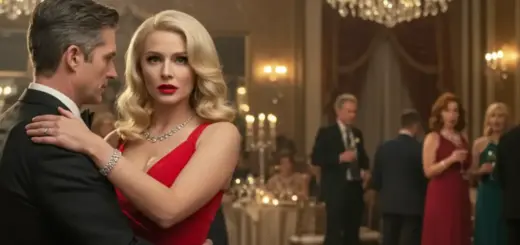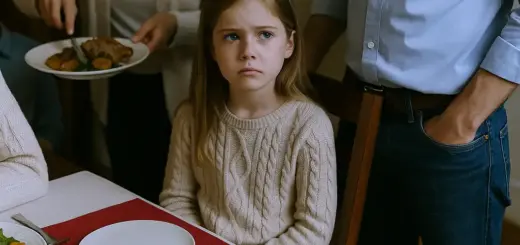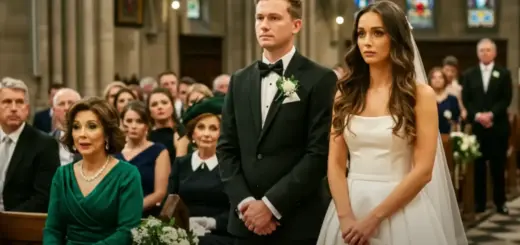P.S. 47 received a $2 million grant for infrastructure and resources. My principal cried when I handed her the check. «Your grandmother never forgot us,» she said. I didn’t correct her assumption that Eleanor had planned this. In a way, she had.
My parents were in therapy, making slow progress. Mom had stopped mentioning Sophia’s past success entirely, focusing instead on small conversations about the present. Dad volunteered at the foundation’s weekend programs, teaching financial literacy to immigrant families. Penance, he called it.
Marcus and I became unexpected allies. The Stone Foundation partnered with ours for a nationwide initiative supporting working-class families. We kept it professional, though I sometimes caught him looking at me with something like regret for what might have been if we’d met differently.
Time magazine named me Philanthropist of the Year. I wore the same navy dress from the gala to the photo shoot. The interviewer asked why I still taught when I could do «bigger things.» «Twenty-five five-year-olds trust me to teach them to read,» I said. «There’s nothing bigger than that.» The article mentioned Sophia once, noting she’d declined to comment. What they didn’t know was that she’d started volunteering at a Chicago food bank, twenty hours a week, just as I’d suggested. The director, an old friend of Eleanor’s, sent me updates. «She’s learning,» she wrote. «Slowly, but she’s learning.»
I kept Eleanor’s photo on my desk, next to the crayon drawings and construction paper cards. Sometimes, during quiet moments, I’d tell her about the lives we were changing. «You were right, Grandma,» I’d whisper. «Standing up for what’s right is lonely at first. But eventually, the right people stand with you.»
A year after that Thanksgiving exclusion, I finally opened Sophia’s letter. She’d written it in purple ink, the same color she’d used for notes when we were kids, before money and status poisoned everything. «Isabella,» it began. «I used to think Grandma chose wrong, that you’d manipulated her into giving you everything. But I work at a food bank now, making less than you do. And yesterday, a woman cried because we gave her groceries without making her prove she deserved them.»
«I think I finally understand what Grandma saw. What you both saw. That dignity isn’t something you earn or buy. It’s something you recognize in everyone, or you don’t have it yourself.» She didn’t ask for forgiveness, didn’t suggest reconciliation, just acknowledged the truth we’d both always known, but only one of us had accepted.
I folded the letter and placed it in Eleanor’s folder, the one with all the important documents. Not the legal ones, but the human ones: the thank-you notes from teachers, the drawings from students, the photos of families in the houses we’d converted from my inheritance properties.
Looking back, I could have handled Thanksgiving differently. I could have fought to be included, begged for my place at the table, could have revealed my position earlier, and used it as leverage for respect. But Eleanor taught me that respect earned through power isn’t respect at all. It’s fear dressed in nicer clothes. The family that excluded me for being «just a teacher» learned that their values were bankruptcy dressed in designer labels.
The inheritance they lost was never really about money; it was about understanding that the woman serving your coffee deserves the same dignity as the one buying the coffee shop. Your worth isn’t negotiable. It doesn’t increase with your salary or decrease with someone’s opinion. Stand firm in that knowledge, even if you stand alone. Especially then.



